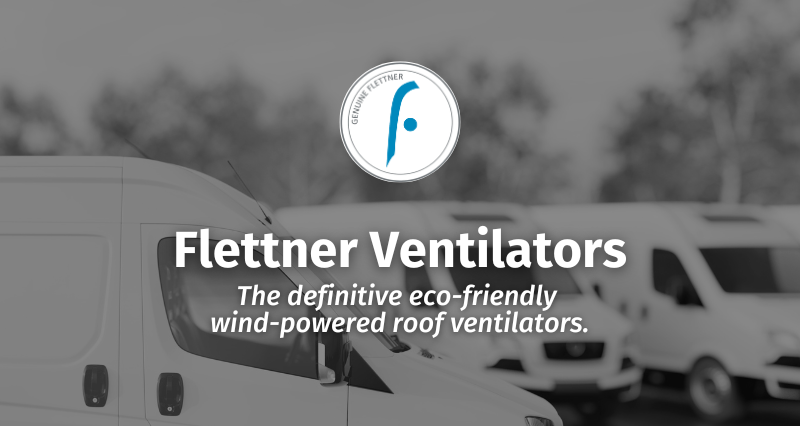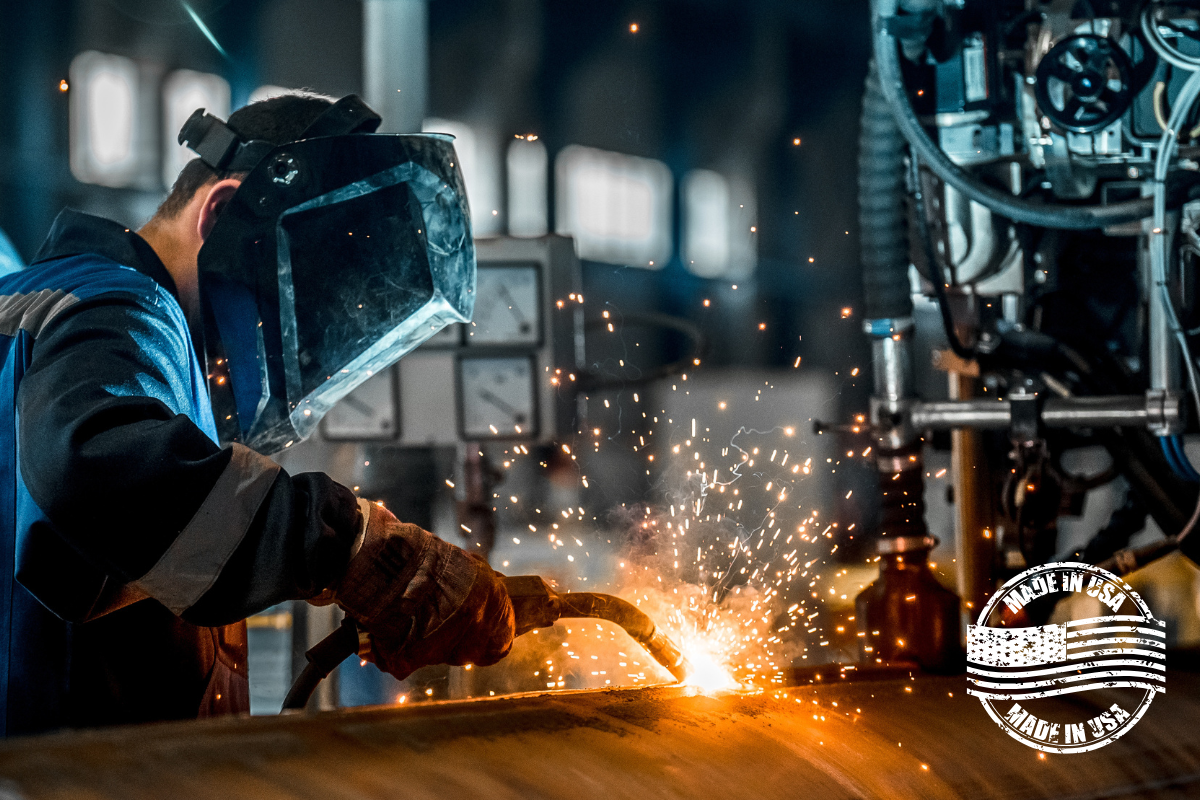
Rotary ventilators are widely used in large fleets of commercial vans. They’re generally specified for three reasons:
The first is to extract fumes or stale air from vans for driver and passenger comfort, health, and safety. This applies especially to vans carrying gas cylinders, inflammable liquids, chemicals, or other potentially harmful volatile substances.
Another is to minimize condensation within vehicles. Cooled air inside a vehicle mixed with warmer, humid external air or vice versa can result in severe condensation, poor visibility, mold growth, and musty smells. Vehicles are especially prone to condensation:
At the start of a workdayWhen making frequent stops
That are frequently stationary
That store wet equipment inside
Adequate ventilation significantly reduces the damage to equipment and goods inside the vehicle and the deterioration of the vehicle’s interior through water build-up and mold growth.
Finally, ventilators are installed to reduce the temperature inside vehicles during summer months for operator comfort and to protect equipment and ambient or perishable goods. The daytime interior temperature of unventilated vans, even in typically temperate climates during the summer months, can reach 100ºF or higher in the sunshine when the van is stationary.
and to protect equipment and ambient or perishable goods. The daytime interior temperature of unventilated vans, even in typically temperate climates during the summer months, can reach 100ºF or higher in the sunshine when the van is stationary.
Even work vans and other commercial vehicles outfitted with air conditioning can require additional means of ventilation because air conditioning has limitations. Vehicles should have a roof vent, and adding a floor vent helps achieve full airflow. Absent the floor vent, air movement throughout the vehicle is significantly reduced.
Rotary ventilators actively and efficiently extract stale air from within a vehicle, replacing it with fresh, cleaner air from outside. Air conditioning systems do not expel potentially hazardous fumes from a vehicle as quickly or effectively.
Air conditioning units also significantly increase fuel consumption. Rotary ventilators use no energy source other than the wind and are 100% environmentally friendly. As such, they are increasingly used in electric and other low-carbon technology vehicle development. At more temperate times of the year, rotary ventilators can be a cost-effective substitute for air conditioning.
Additionally, air conditioning will not impact the very high-temperature build-up in the cargo area of a van fitted with a solid bulkhead. Only a ventilator will dissipate this heat and remove harmful fumes. Air conditioning used in vehicles to transport animals can dry the air, which can cause additional stress unless carefully monitored.
Countries have varying laws, but ventilation fitting is typically mandatory when “Dangerous Goods” are transported. Under the United Nations classification scheme, a variety of goods ranging from organic chemicals to fuels and from compressed gases to fire extinguishers are defined as dangerous.
Also important to note is that in many countries, a commercial vehicle’s owner has a mandatory duty to care for the driver. Thus, even when dangerous goods are not being transported, a risk assessment must be carried out, and all reasonable steps must be taken to ensure that the driver is not exposed to unnecessary risks, including exposure to heat or fumes. If in doubt, the precautionary principle should be applied, and appropriate ventilation should be fitted.
Austin Hardware can help outfit your fleet with both roof and floor vents, allowing you to achieve appropriate ventilation in your vehicles. For information on Flettner Ventilators, a leading provider of rotary roof vents and floor vents for cargo vans, click HERE. For even more ventilation options, check out the Ventilation section of our website.








